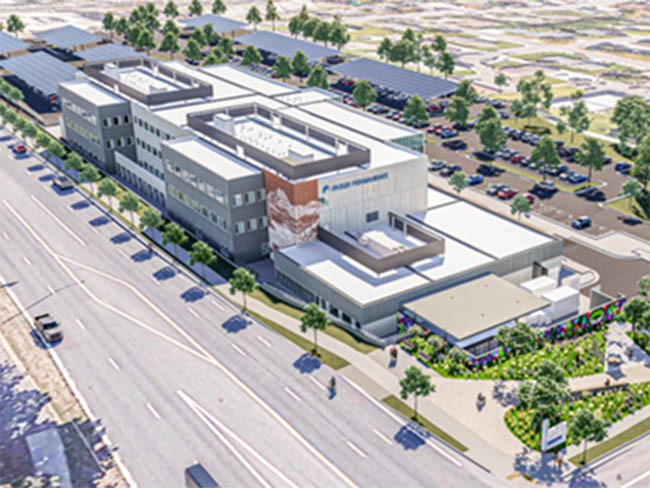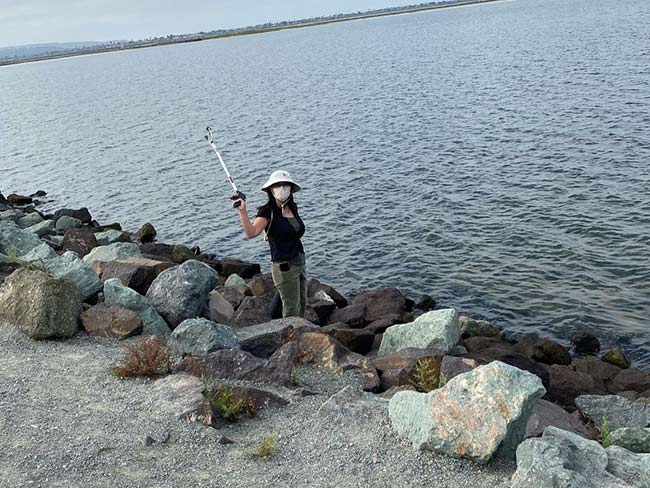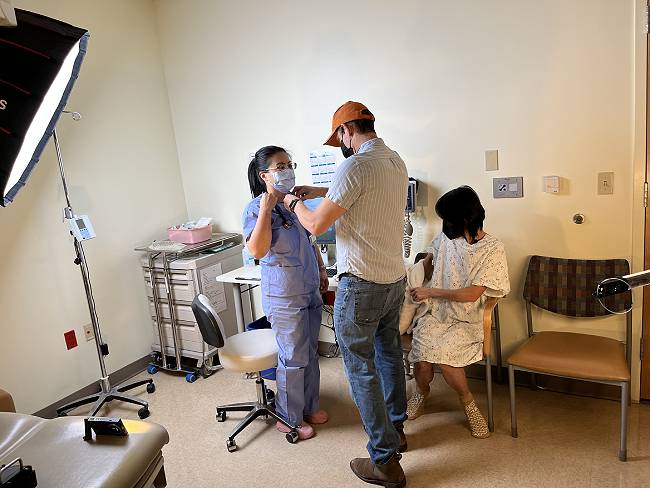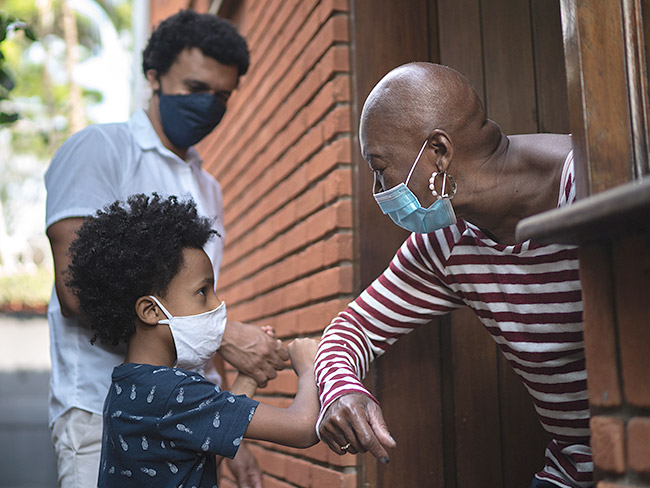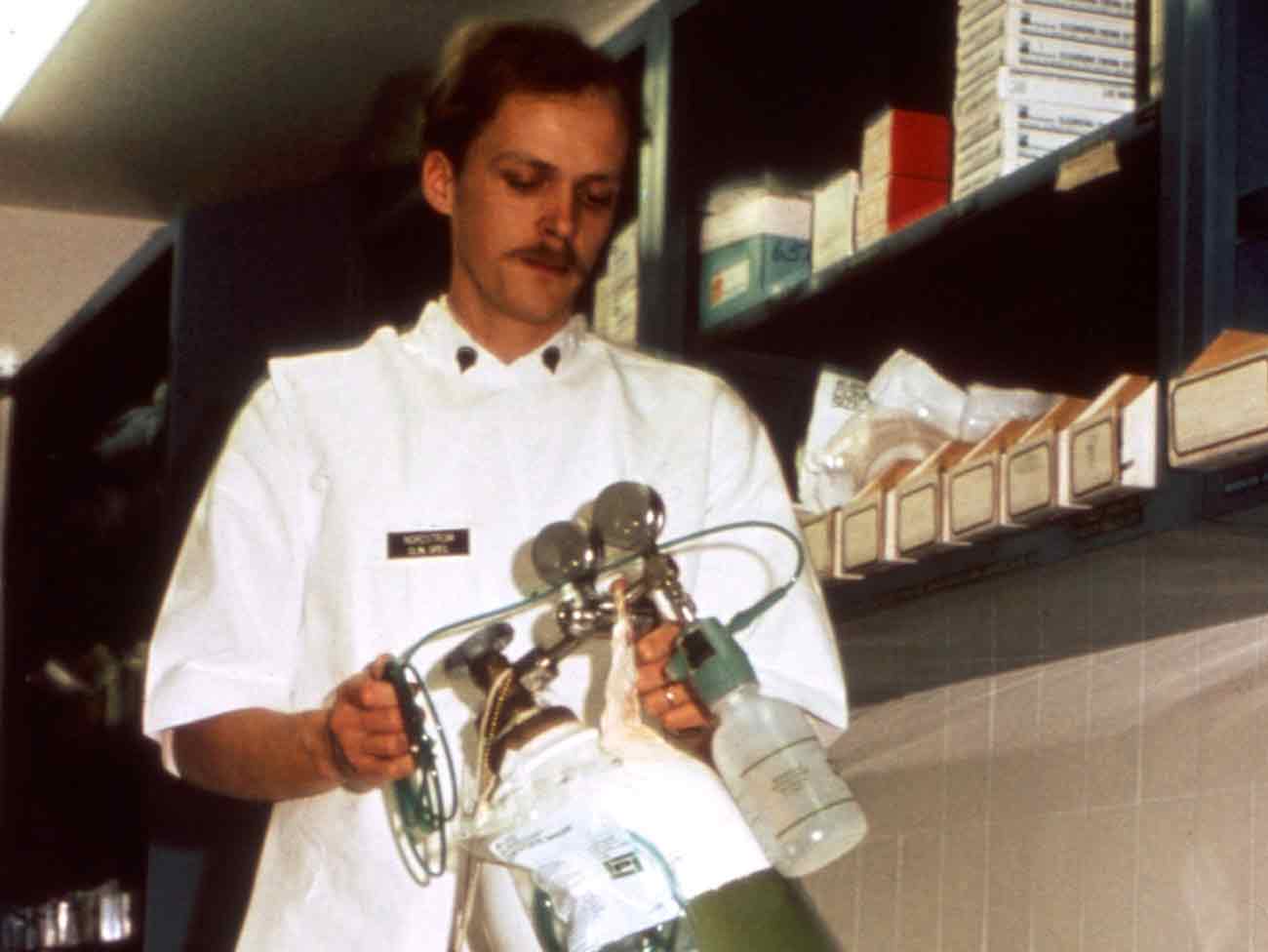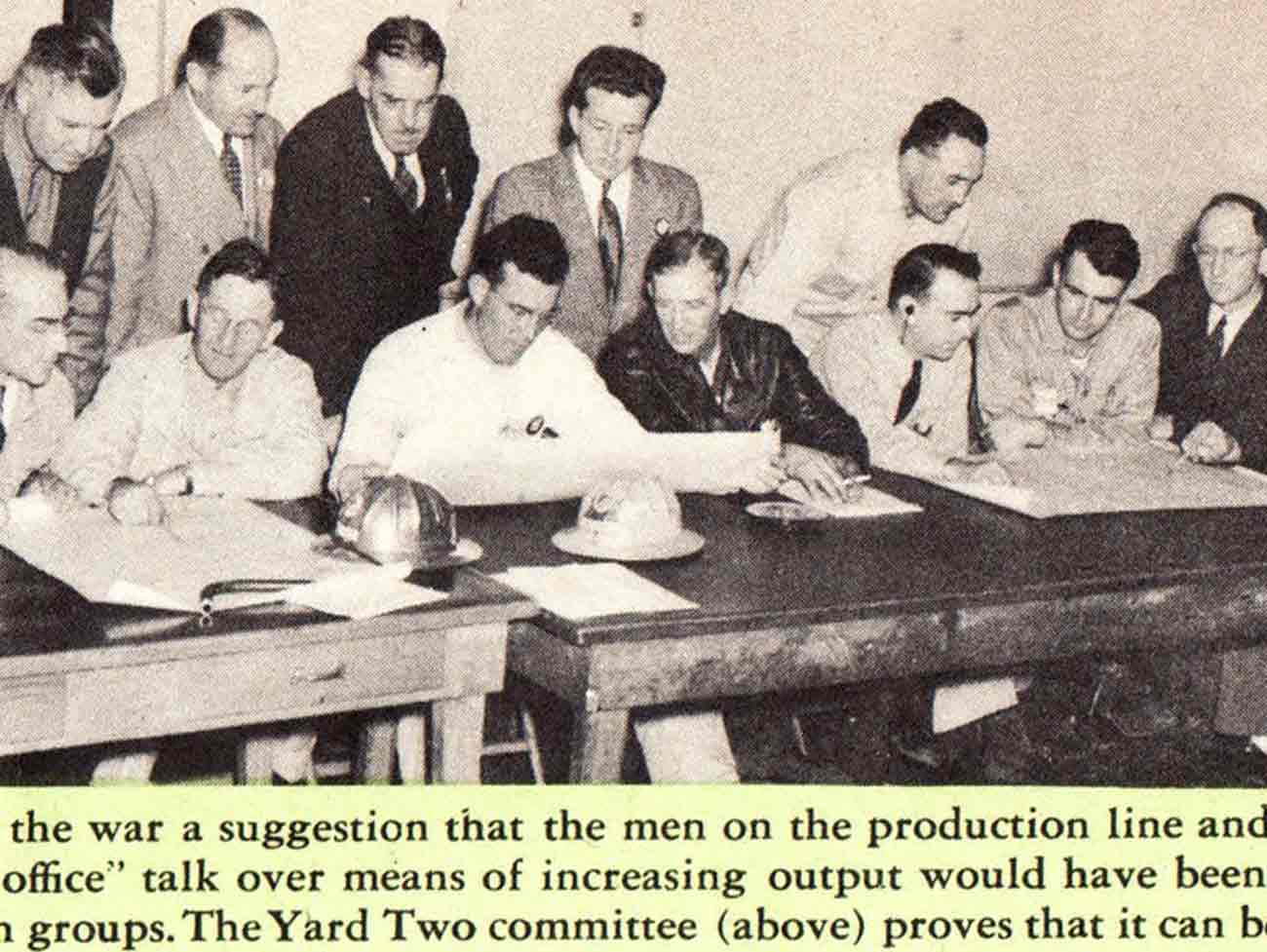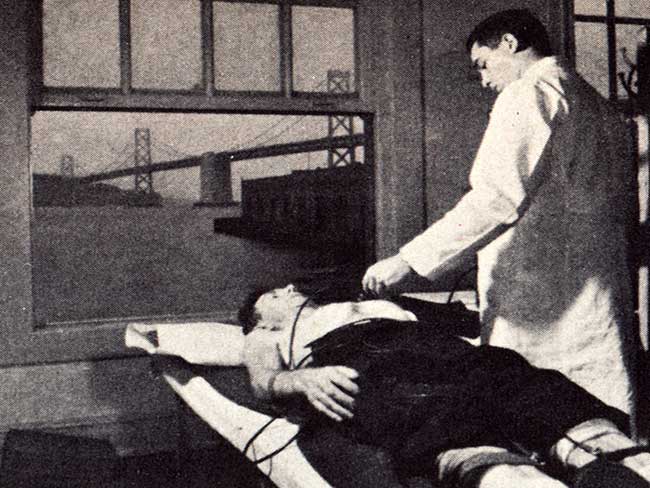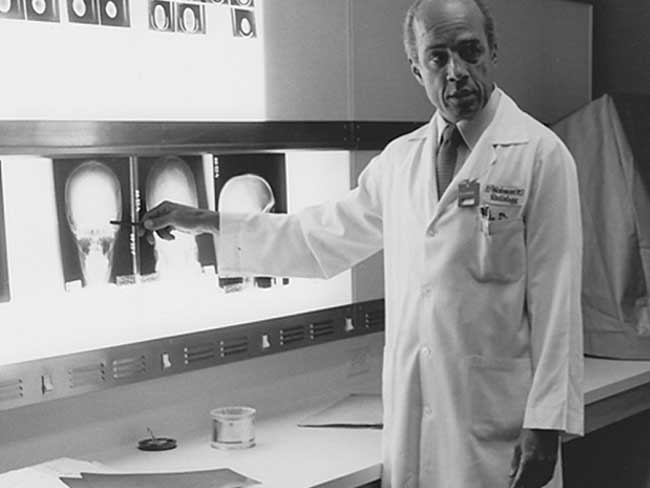Tackling climate change to drive health and health equity
Kaiser Permanente plans to significantly reduce greenhouse gas emissions by 2030 with an aim of net zero by 2050.
Kaiser Permanente, the nation’s largest integrated, nonprofit health care organization and in 2020 the first U.S. health care organization to achieve certified carbon neutral status, is committing to reduce its greenhouse gas emissions by 50% by 2030 and aiming to reach net-zero emissions by 2050. As part of reaching net zero, Kaiser Permanente has joined the recently announced U.S. Health and Human Services climate pledge, launched to mobilize the health care sector to reduce greenhouse gas emissions.
“Climate change and people’s health are inextricably linked. As a health care organization we see the negative impacts and know we need to lead and act quickly,” said Greg A. Adams, chair and chief executive officer of Kaiser Permanente. “It is our collective moral obligation to reduce our own emissions, protect the health of our communities, and support the vulnerable populations who are most impacted by climate change. We ask others to join us in our pledge, so together we can create a healthier, more equitable, and sustainable path forward.”
Climate change disproportionately impacts socially disadvantaged communities, such as communities of color, low-income communities, children, and older adults. Kaiser Permanente’s approach is consistent with data from a recent Intergovernmental Panel on Climate Change report, which highlights the importance of continued short- and long-term action to further protect people from the worst health consequences of climate change, and challenges organizations in all sectors to cut emissions in half by 2030.
The work toward reaching net-zero emissions, which means reducing greenhouse gas emissions to as close to zero as possible, will go beyond removing carbon from our energy use and direct greenhouse gas emissions. Kaiser Permanente will effectively aim to address greenhouse gas emissions created from purchased goods and services, investments, business-related travel and transportation, waste, and employee commuting.
As part of our leadership role, Kaiser Permanente hosted “Getting to Net Zero: The Health Equity Imperative,” on June 9, 2022. The event focused on why the health care sector must commit to net-zero emissions to improve health and advance health equity.
Working toward achieving net zero aligns with Kaiser Permanente’s dedication to creating healthier, more resilient communities by addressing factors that determine health, supporting affordable housing creation and services to address homelessness, connecting our members to food assistance, funding school-based programs to improve kids’ emotional well-being, and aiding the pandemic recovery in communities across the U.S. hardest hit by COVID-19. The aim for net zero also recognizes the connections between the environment and health equity, understanding that the health of the environment is as much a driver of health outcomes as economic opportunity, housing security, safety, and other key upstream factors.
“The effects of climate change impact our health year-round, whether it’s poor air quality affecting lung health, allergies, and asthma, or very hot days making it unsafe to go outside and be active,” said Stephen Parodi, MD, executive vice president, The Permanente Federation, and Kaiser Permanente national infectious disease leader. “While these impacts are worse on the most disadvantaged patients, it’s up to all of us in the health care system to act quickly to play a part in driving solutions.”
Kaiser Permanente has already completed an analysis of the carbon footprint of the suppliers that comprise its vast supply chain, as well as the fossil fuel exposure of our investments. With experience leveraging our market power to spur the creation of hospital products and building materials free of harmful chemicals, we are confident we can help drive the long-term changes needed to face the current climate emergency.
This net-zero announcement builds on Kaiser Permanente’s investment in and partnership with the National Academy of Medicine’s Action Collaborative on Decarbonizing the U.S. Health Sector since its inception in 2021, as well as its support of Health Care Without Harm, a nonprofit dedicated to building low-carbon and resilient health care.









